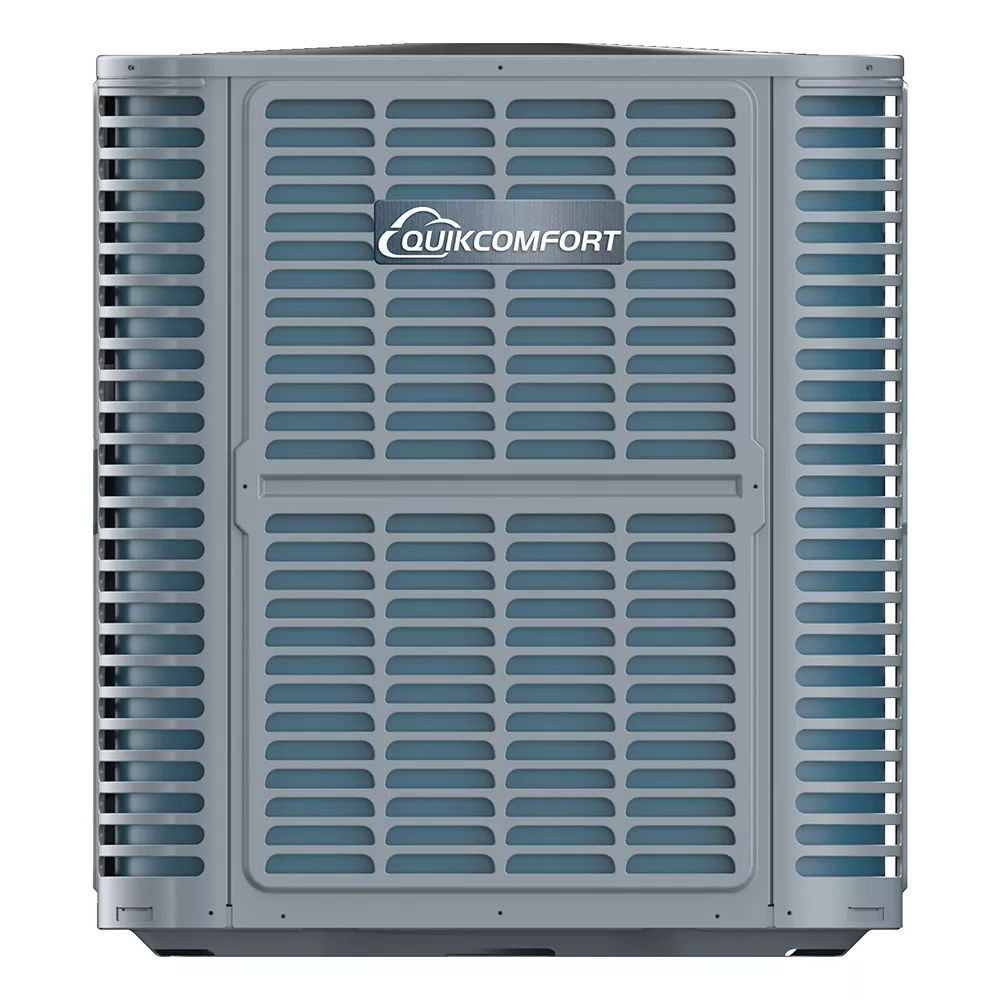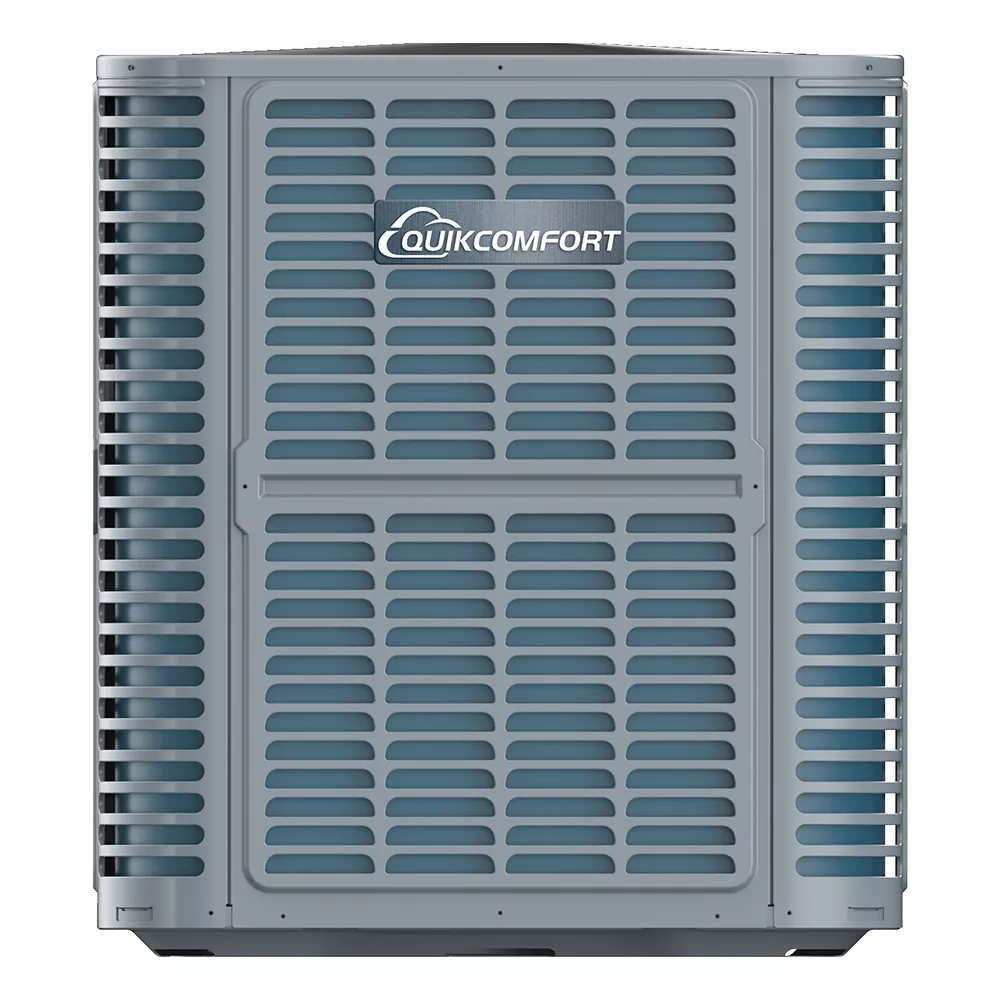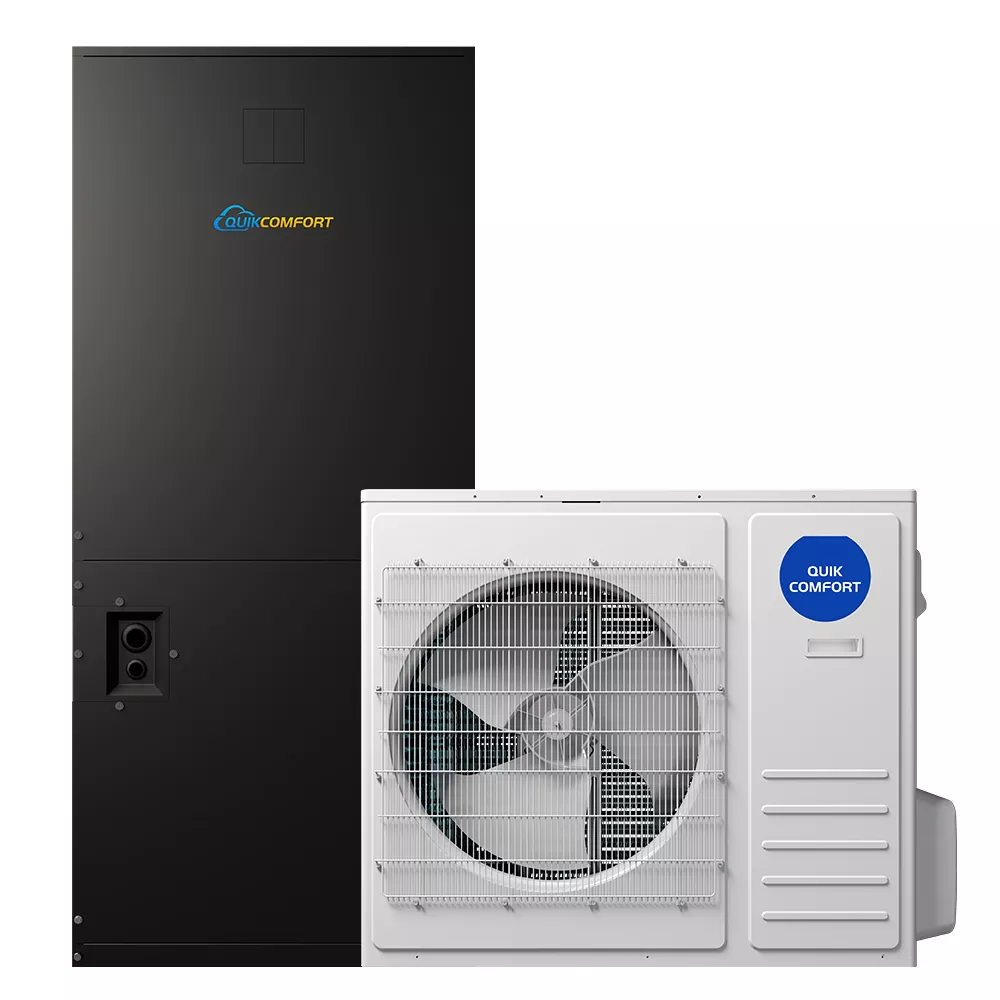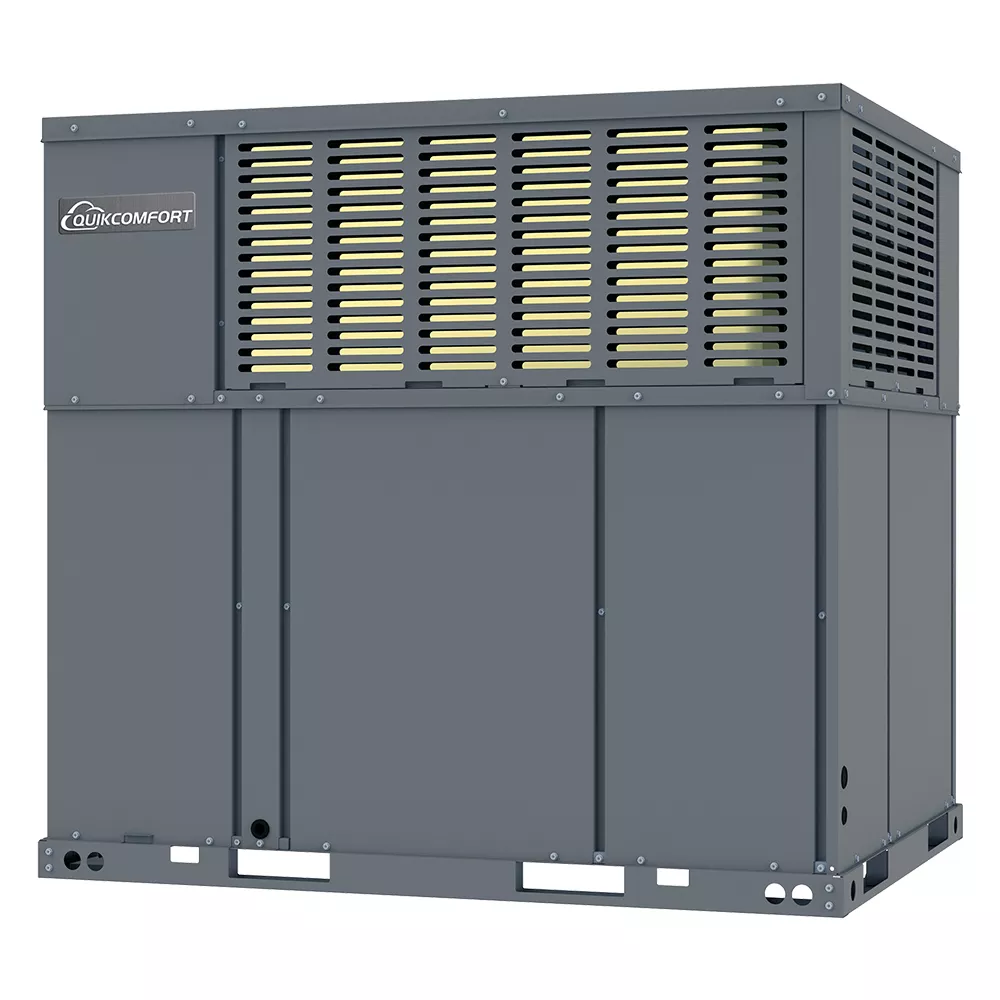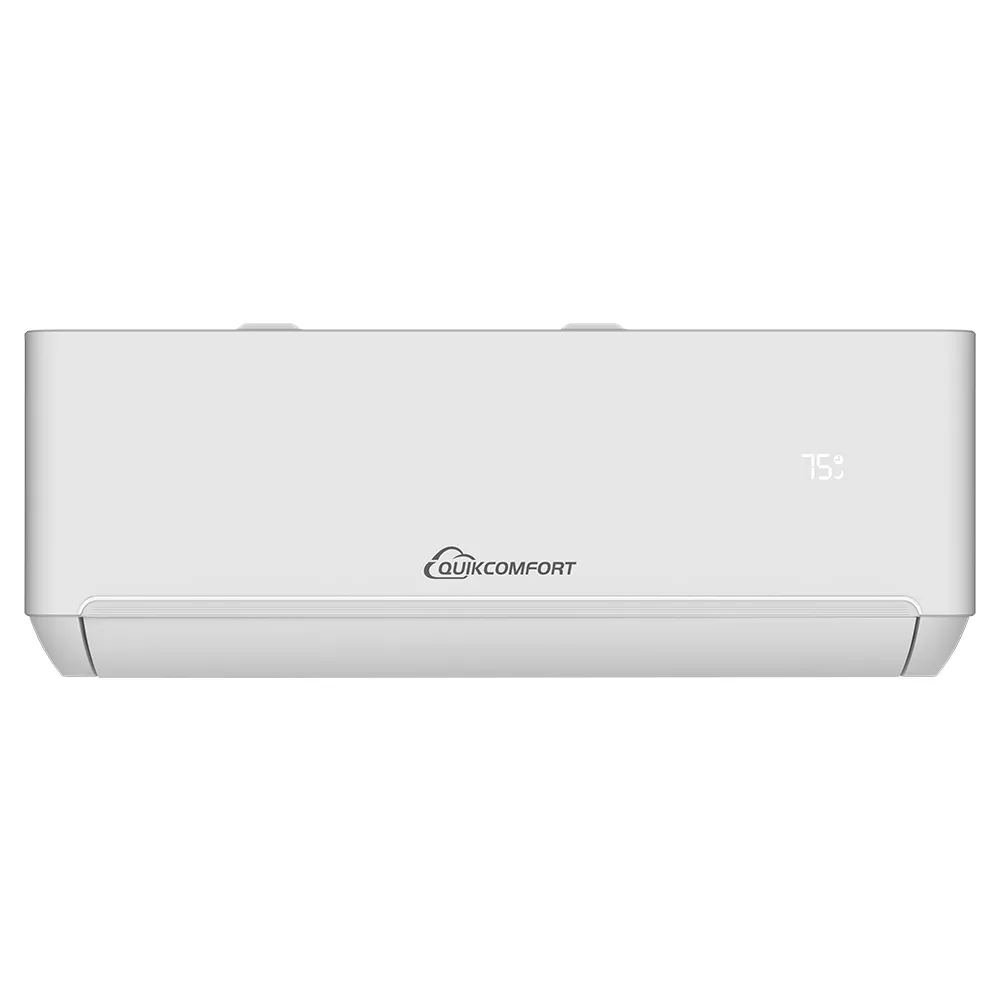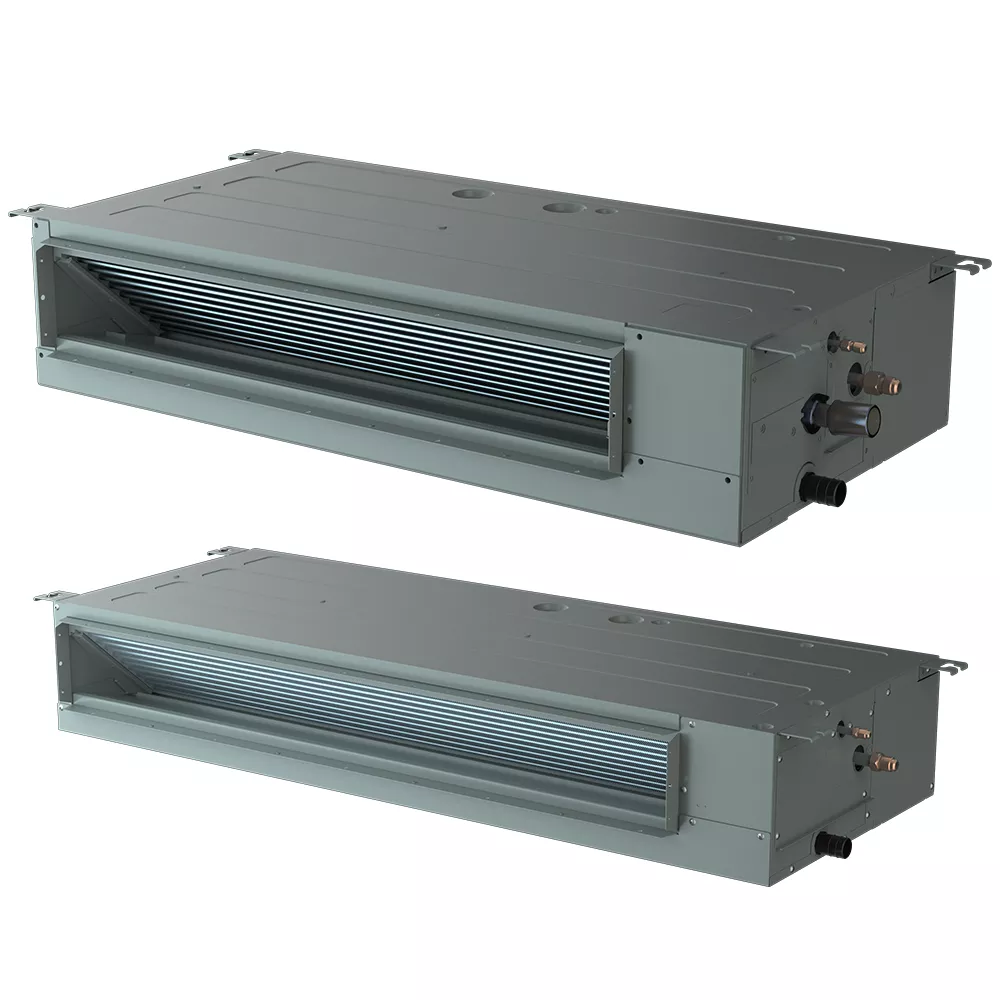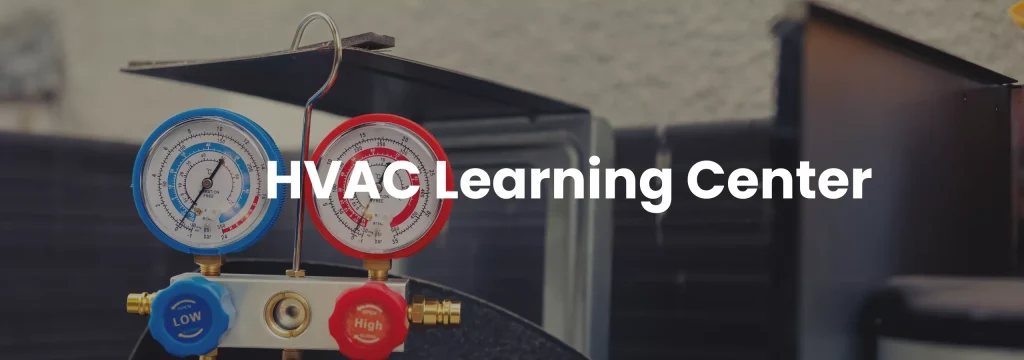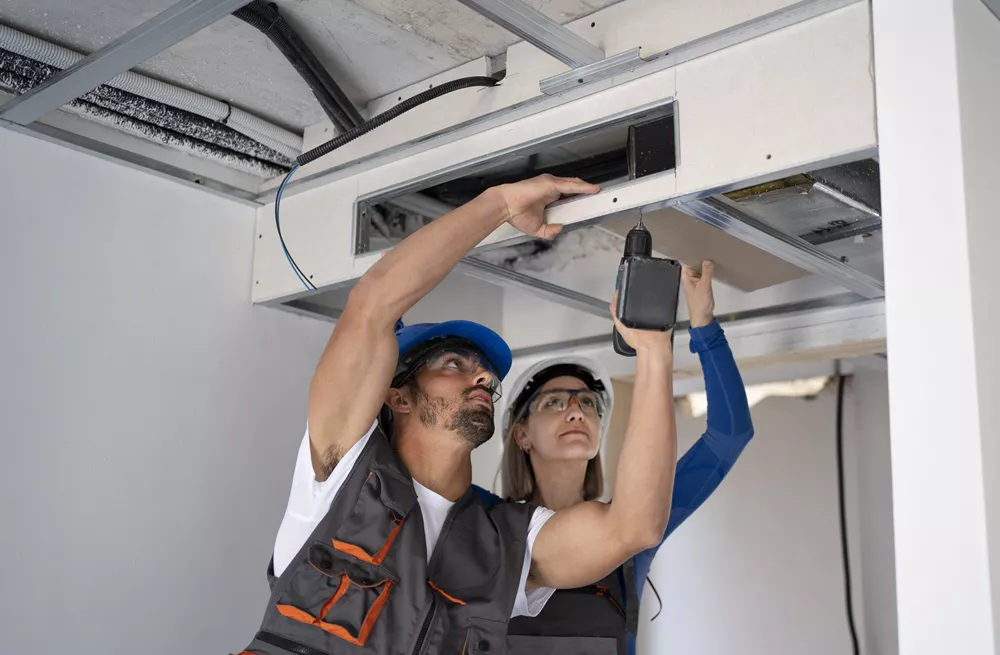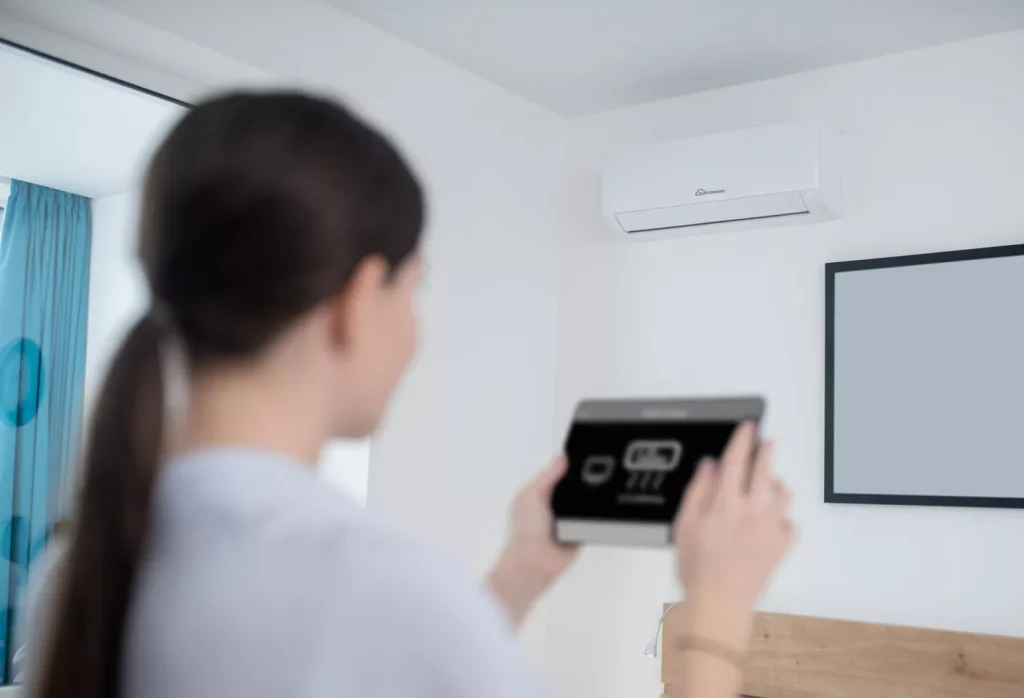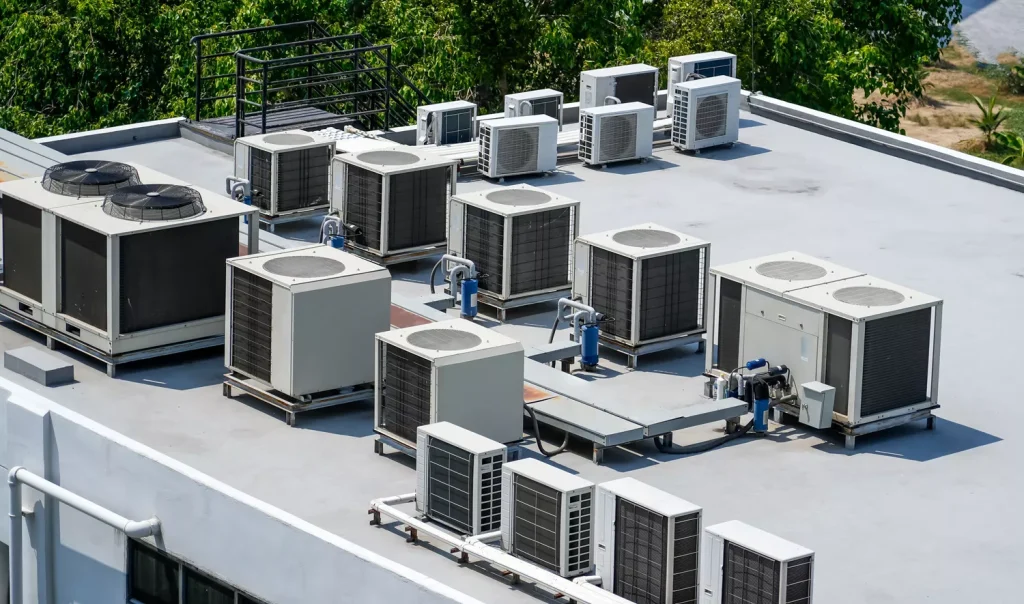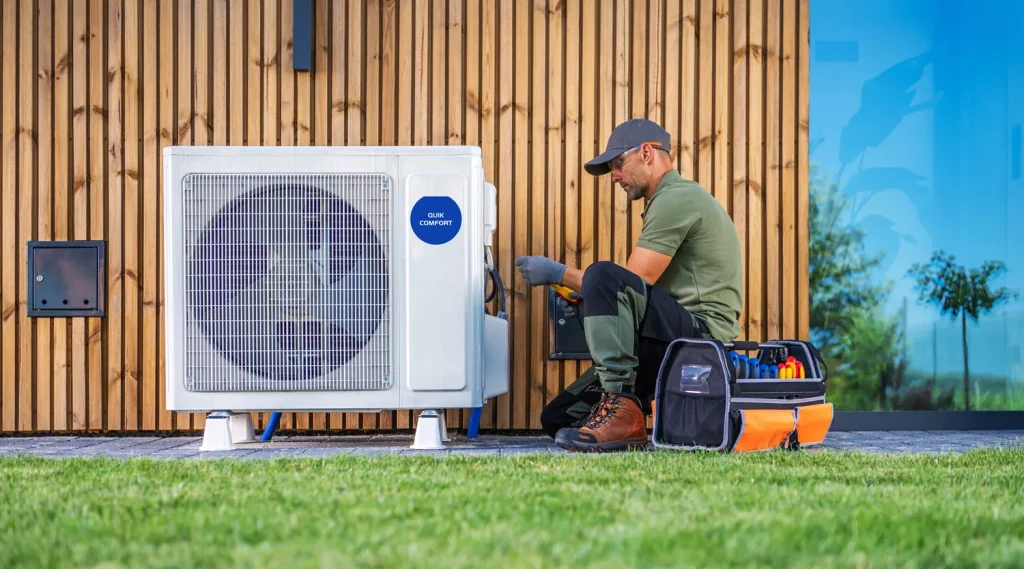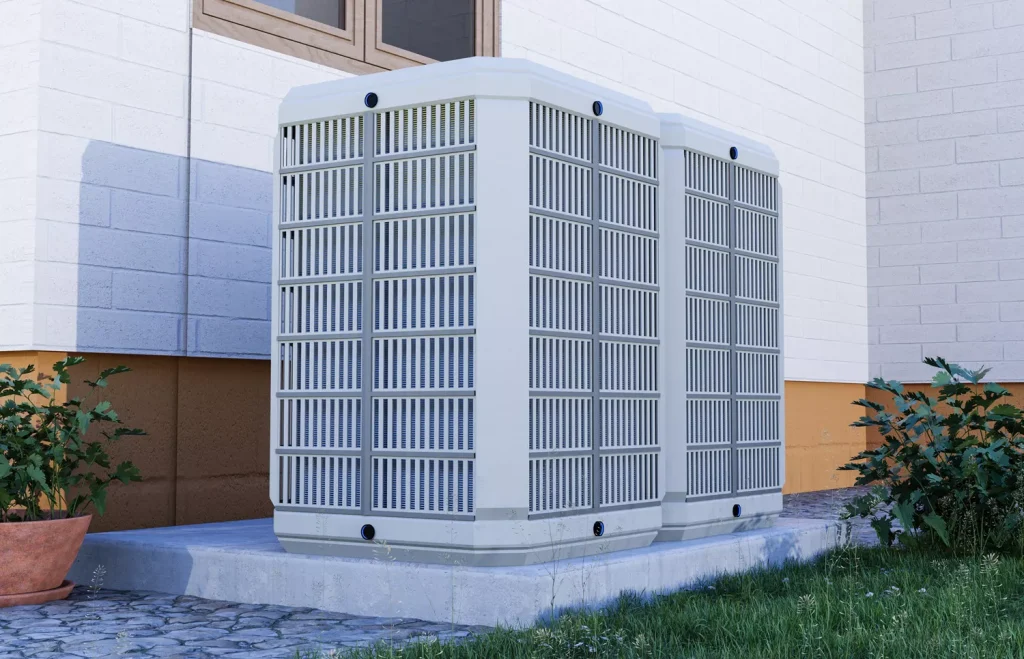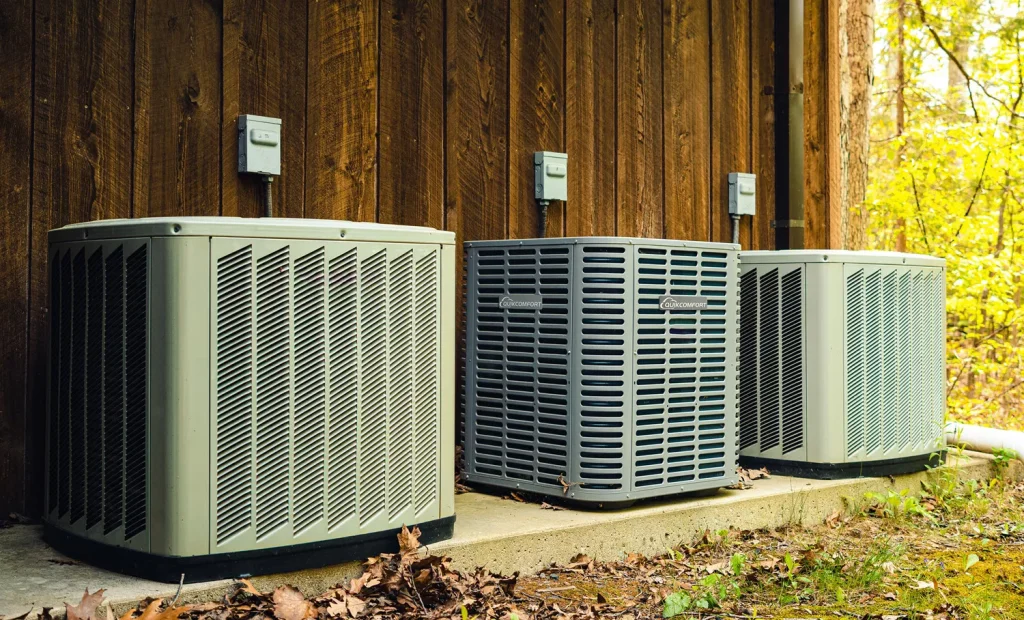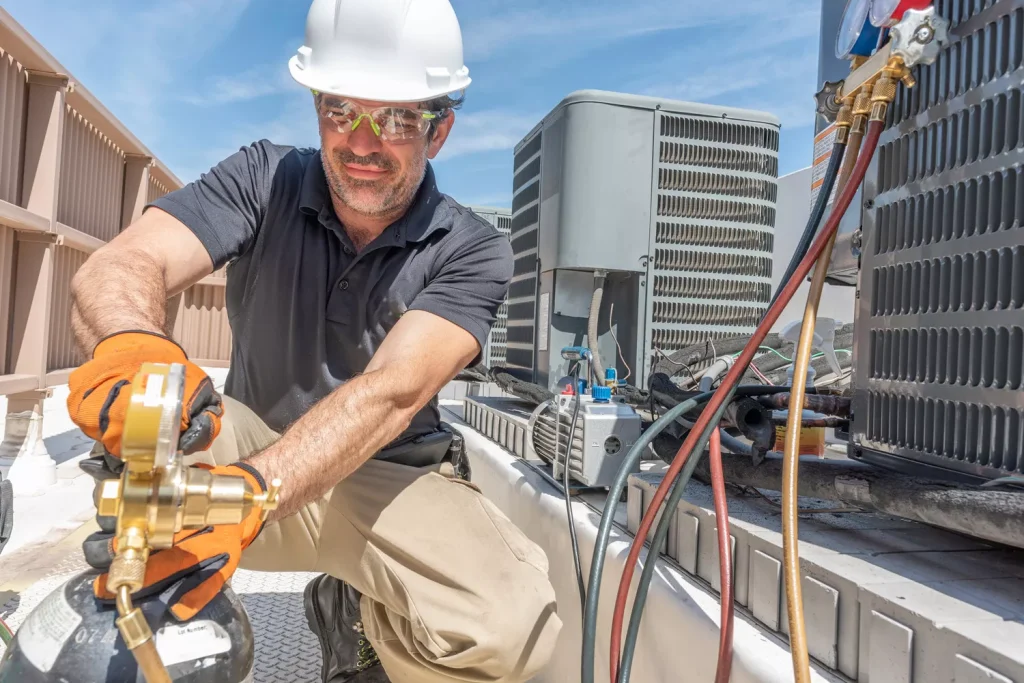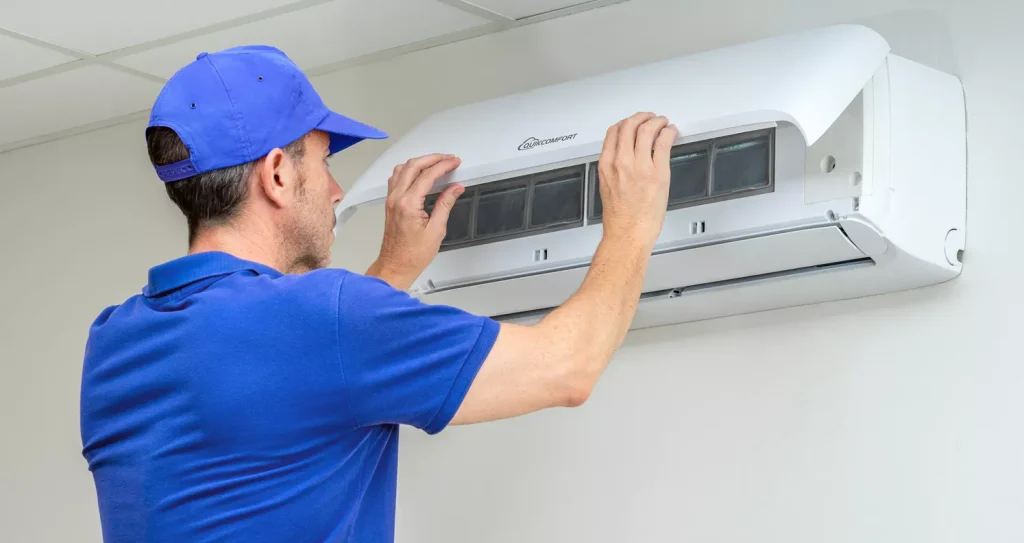A One-by-One Ducted System is a type of HVAC system that combines the efficiency of central air conditioning with the flexibility of ductless mini-split systems. Unlike traditional central air systems that cool or heat an entire house, a one-by-one ducted system is designed to serve only one room or zone, offering a compact solution with the…
Author Archives: Quik Comfort
Overview: Ductless mini-split systems are an excellent solution for homes or buildings without existing ductwork. These systems consist of an outdoor unit and one or more indoor units that provide zoned cooling and heating, allowing for greater flexibility and efficiency. How They Work: Mini-split systems operate by using refrigerant to absorb heat from the indoor…
Overview: Inverter packaged units combine heating, cooling, and air handling into a single all-in-one unit. These systems are ideal for spaces where traditional HVAC systems are impractical or where space constraints exist. They use inverter technology to optimize energy use and improve performance. How They Work: Inverter packaged units work by combining the components of…
Overview: Inverter side discharge units are compact, space-saving HVAC systems designed to provide efficient cooling and heating. Unlike traditional HVAC systems with top discharge, these units expel air from the side, making them ideal for urban environments where space is limited. How They Work: These units use inverter technology to vary the speed of the…
Overview: Heat pumps are versatile HVAC systems that can provide both heating and cooling. They work by transferring heat between indoor and outdoor environments. Heat pumps are especially efficient in moderate climates. How They Work: Heat pumps use the refrigeration cycle like air conditioners but can reverse the cycle to provide heating. In heating mode,…
Overview: Air conditioners are designed to cool indoor spaces by transferring heat to the outside. They are essential for maintaining comfort during hot weather by reducing indoor temperatures and improving air quality. How They Work: Air conditioners use a refrigeration cycle to remove heat from the indoor air. The system circulates refrigerant through an evaporator…
What does my product warranty cover? Your warranty typically covers defects in material and workmanship. Most warranties cover the compressor, heat exchanger, and other key components for a set period (usually 5-10 years). However, it may not cover damage from improper installation, lack of maintenance, or misuse. Always read the warranty details to understand your…
What are the benefits of inverter technology in HVAC systems? Inverter technology allows the compressor in HVAC systems to adjust its speed based on the demand for cooling or heating. This leads to: Better energy efficiency: Reduced energy consumption, as the compressor doesn’t have to cycle on and off. More consistent temperatures: Less temperature fluctuation…
Why is my HVAC system not cooling or heating properly? Several factors could cause this issue: Dirty filters: Blocked filters can reduce airflow and efficiency. Low refrigerant: If the refrigerant levels are low, the system won’t cool or heat effectively. Faulty thermostat: If your thermostat isn’t working properly, it can prevent your system from reaching…
Can I install an HVAC system myself? While some simple air conditioning systems (like window air conditioners) can be installed by homeowners, most HVAC systems require professional installation. Complex systems like central air conditioners, heat pumps, or ductless mini-split systems require expertise to ensure proper sizing, setup, and compliance with local building codes and regulations….
- 1
- 2


